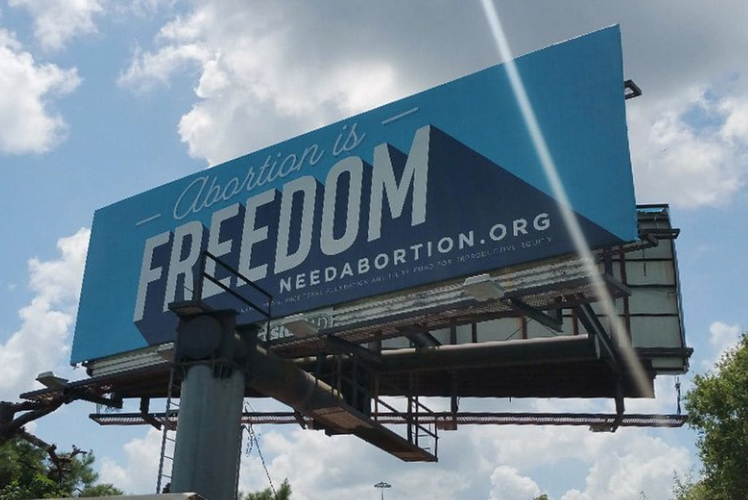A tiny Texas town finds itself on the front lines of the abortion wars https://t.co/QklEnV2E14
— The Washington Post (@washingtonpost) July 28, 2019
The best journalism offers insight and nuance, such as the Washington Post’s recent piece on people of faith in Greenville, N.C., where the crowd chanted “Sent her back! Send her back!” at President Donald Trump’s recent rally.
The worst journalism relies on caricatures and stereotypes, telling a predictable (yawn!) story that doesn’t do much to add to anyone’s understanding.
I’d suggest that the Post’s recent coverage of an abortion debate in a small Texas town falls into the latter category.
Think elite newspaper goes to hick town to explain what the crazy locals are doing. It’s a journalistic trip to the zoo, as we sometimes describe it here at GetReligion.
The lede:
WASKOM, Tex. — Almost overnight, a small town nestled in the heart of the Southern Bible Belt has become a battleground for America’s deeply divisive debate over women’s reproductive rights.
Two immediate thoughts:
1. “Southern Bible Belt.” Is there any part of the Bible Belt that isn’t Southern?
2. “women’s reproductive rights.” That wording right there give any clue as to the Post’s leaning? This isn’t an abortion debate; it’s a debate over women’s reproductive rights. (If you’re new to GR, find details here on the rampant news media bias against abortion opponents.)
Let’s read some more:
There are no abortion clinics in Waskom, located near the Louisiana border, but last month an all-male city council passed an ordinance largely written by an antiabortion group declaring it a “sanctuary city for the unborn.”
OK: “all-male city council” certainly serves as a signpost to suggest that there’s a conspiracy at play because men are making this decision. But is there any evidence that women in this small town disagree?
Keep reading, and the newspaper seems to acknowledge that most in the town oppose abortion:
The majority of local residents of Waskom interviewed by The Washington Post said they supported the ordinance and resent more liberal parts of the state plastering their views on billboards in a largely conservative community.
One source quoted said she’d never expect Waskom to have an abortion clinic because “it’s such a small town full of churches.” But the Post never gets around to going to any of those churches to discuss the issue.
The newspaper does grant a source anonymity to suggest that women are afraid to talk about the issue:
Women living in Waskom who oppose the ordinance and support the message of the billboards would speak only on the condition of anonymity. They said they feared being “shunned” by their churches and, in some cases, even their own husbands.
“A woman should be able to have the right to have an abortion,” said one woman, who spoke with unconcealed fury about the council’s move. “You can’t just take people’s rights away. There is a reason why you get an abortion — we don’t know what happens behind closed doors.
“There are young ladies around here I’ve spoken to whose family don’t believe that an uncle has been raping them. So they’ve been forced to get an abortion. Things get swept under the rug here.
“There are women here who agree with me and a lot who have had abortions but are too afraid to say anything,” she added. She offered no further details.
That’s a lot to pack into three straight paragraphs of anonymous quotes. To use tmatt’s mirror-image analogy, I wonder if the Post would grant similar carte blanche space for an abortion opponent to make accusations against a Planned Parenthood clinic. Just curious.
From there, we hear from a few more sources on both sides. But one never gets the impression that the Post is really telling the full story of this small town.
Insight and nuance? They are sorely lacking.
Caricatures and stereotypes? There are plenty, and that makes for a pretty unsatisfying attempt at journalism.










